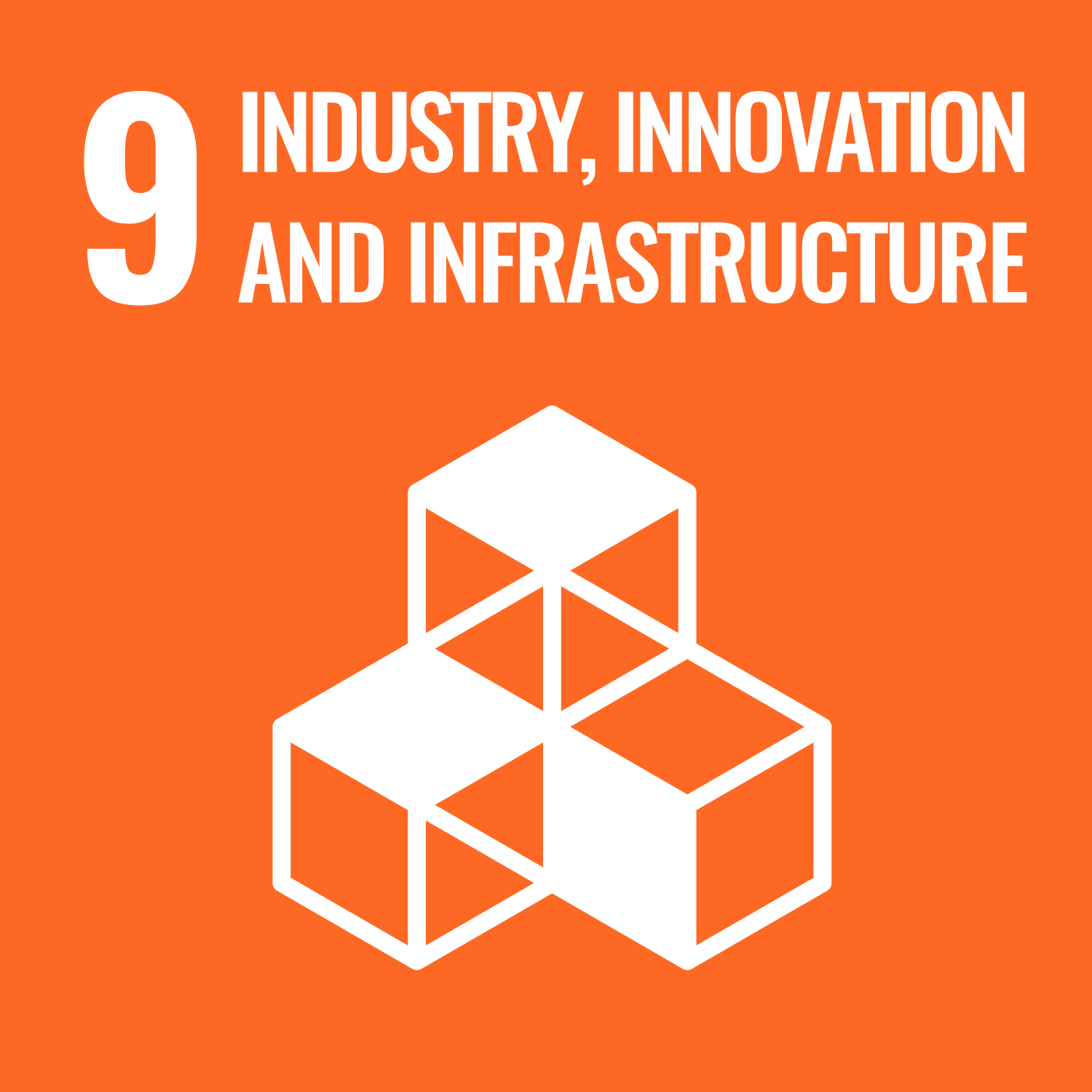ORCID
- Edward Meinert: 0000-0003-2484-3347
Abstract
Decentralised (or distributed) manufacturing that takes place close to the point of care has been a manufacturing paradigm of heightened interest within the cell therapy domain due to the product being living cell material and the need for highly monitored and temperature-controlled supply chain, which has the potential to benefit from the close proximity between manufacturing and application. To compare the operational feasibility and cost implications of manufacturing autologous CAR-T products between centralised and decentralised schemes, a discrete event simulation model was built using ExtendSIM 9 for simulating the patient-to-patient supply chain from the collection of patient cells to the final administration of the CAR-T therapy in hospitals. Simulations were carried out for hypothetical systems in the United Kingdom with three demand levels, low (100 patients per annum), anticipated (200 patients per annum) and high (500 patients per annum), in order to assess resource allocation, cost per treatment and system resilience to demand changes and to quantify the risks of mix-ups within the supply chain for the delivery of CAR-T treatments. The simulation results show that, whilst centralised manufacturing offers better economies of scale, individual facilities in a decentralised system can spread facility costs across a greater number of treatments and better utilise resources at high demand levels (annual demand of 500 patients), allowing an overall more comparable cost per treatment. In general, raw material and consumable costs have shown to be one of the greatest cost drivers, of which genetic modification associated costs have shown to account for over one-third of the raw material and consumable costs. Turnaround time per treatment for the decentralised scheme is shown to be consistently lower than its centralised counterpart, as there is no need for product freeze-thaw, packaging and transportation, although time savings is shown to be insignificant in the UK case study due to its rather compact geographical setting with well-established transportation networks. In both schemes, sterility testing lies on the critical path for treatment delivery and is shown to be critical for treatment turnaround time reduction. Considering both cost and treatment turnaround time, point-of-care manufacturing within the UK does not show great advantages over centralised manufacturing. However, further simulations using the model can be used to understand the feasibility of decentralised manufacturing in a larger geographical setting.
DOI Link
Publication Date
2021-03-02
Publication Title
Cytotherapy
ISSN
1465-3249
Acceptance Date
2020-08-16
Deposit Date
2020-07-09
Embargo Period
2022-03-02
Recommended Citation
Lam, C., Meinert, E., Yang, A., & Zhanfeng, C. (2021) 'Comparison between centralised and decentralised supply chain of autologous CAR-T therapies: a UK case study based on discrete event simulation', Cytotherapy, . Available at: 10.1016/j.jcyt.2020.08.007


